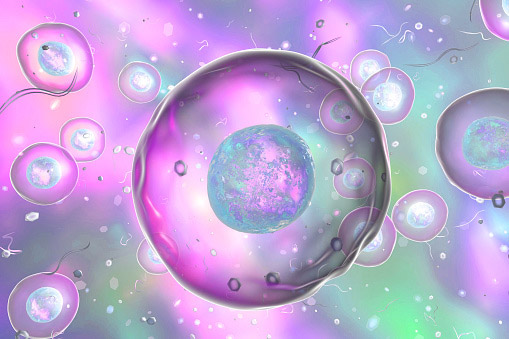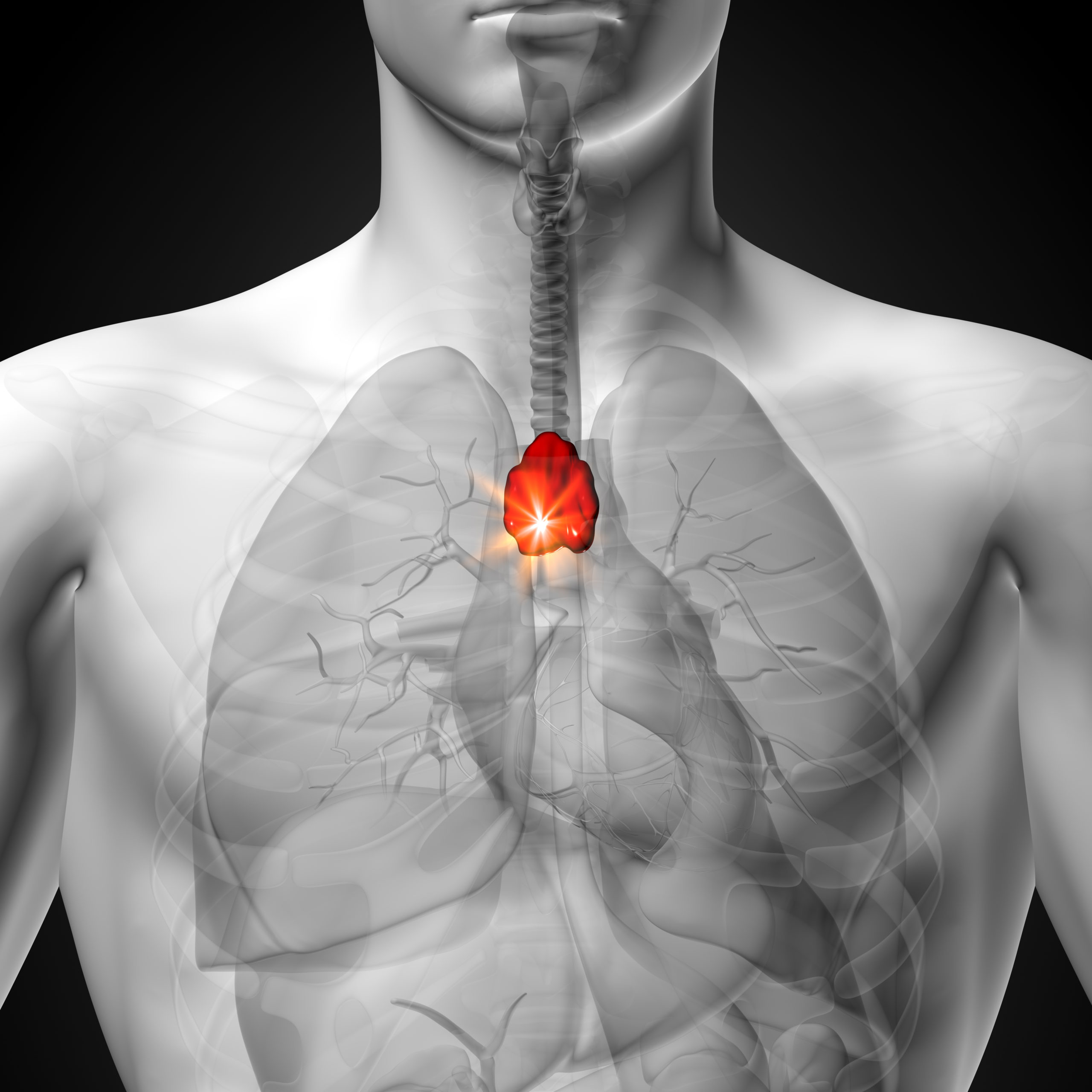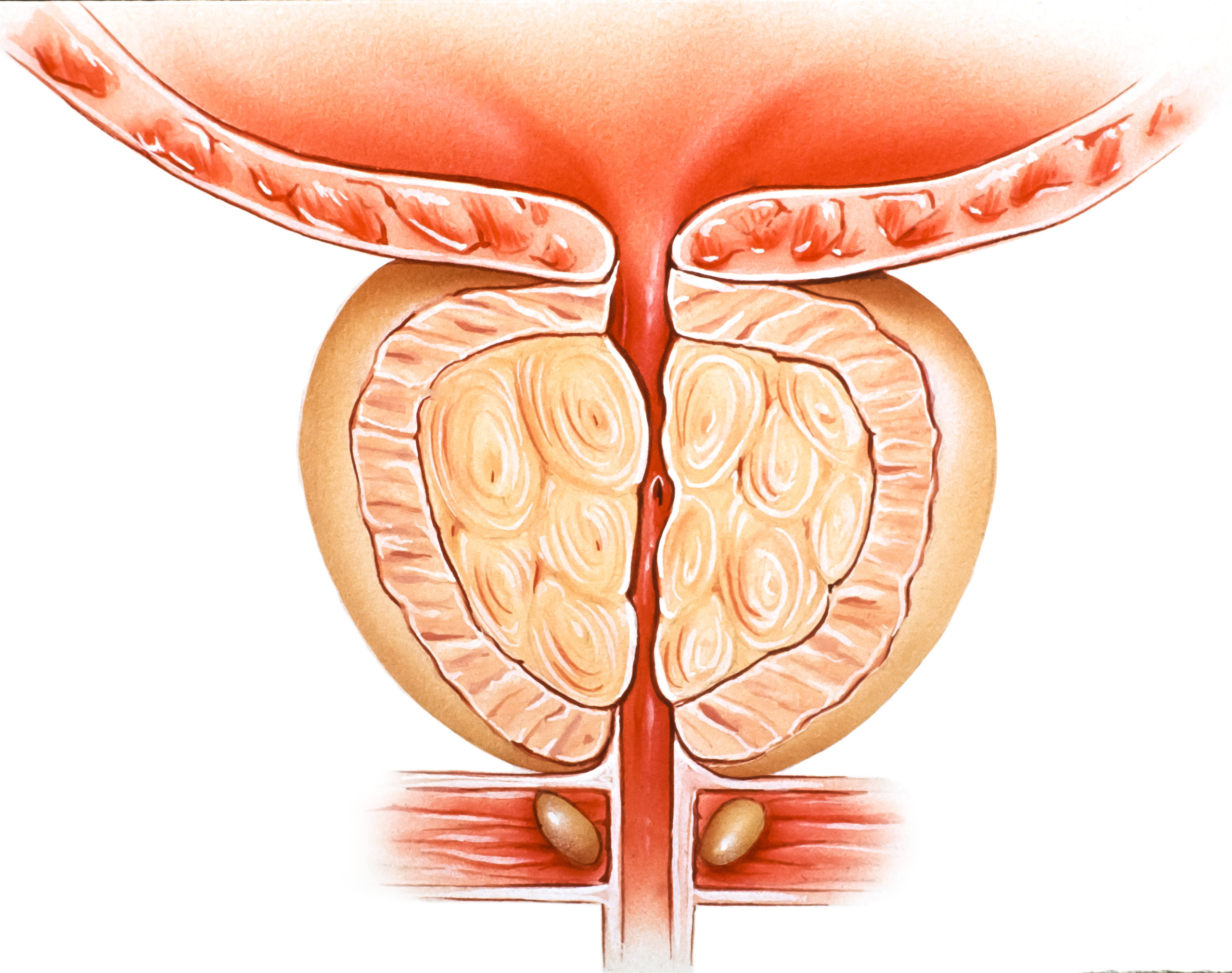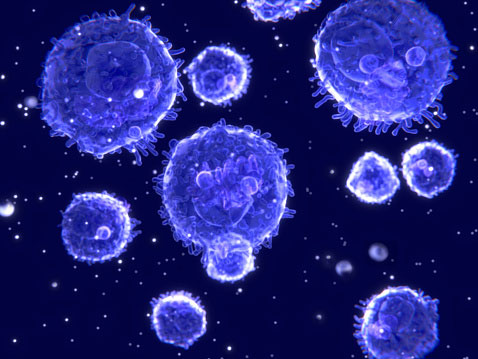
Peptide bioregulators – the discovery of gene switches in food
November 28th, 2016Photo Professor Khavinson
Professor Vladimir Khavinson has a long and successful career in Gerontology and Geriatrics under his belt (he is the President of the European Academy of Gerontology and Geriatrics (IAGG)), but back in the 19080s he was a Colonel in the Soviet Union military corps. During this time, he was approached by Kremlin officials to look at how they could protect their troops from health issues related to their work, such as protecting against radiation for those operating nuclear submarines and dealing with eye problems caused by working with new weapons such as battlefield lasers (thankfully unused).
A former Soviet military secret!
Having been presented with this challenge, Dr Khavinson and his team dedicated their research into the link between DNA and short chain peptides. At the time this was a military secret, but the results of which, which have been used for over two decades on thousands of people, are now available to the public as peptide bioregulators. These have a comprehensive list of patents and copyrights to their name.
This research identified that highly specific short chain peptides work with every single organ/gland/tissue in the body. These short chain peptides are traditionally obtained from food and act as a “short cut” to kickstart protein synthesis. Once this happens, each particular strand of DNA starts activating repair and regenerative processes.
The story of how peptide bioregulators came to be is remarkable, as the research into these in essence helped to create “individualised gene switches” that can be taken by anyone, with no reports of serious contraindications or side effects. They could even outdo stem cells, which would be an amazing feat. Peptide therapy is highly specific, relatively cheap, and doesn’t require the immune system to be suppressed in order to operate fully (unlike stem cells).
Original material from the trials
The peptide bioregulators available via IAS are the bovine originals; sourced from carefully chosen Danish calves and processed through pharmaceutical processes and filters. They are not the synthetic versions which have not been studied/ proven. Here is what is currently available:
- Cerluten® is the brain peptide bioregulator.
- Chelohart® is the heart peptide bioregulator.
- Chitomur® is the bladder peptide bioregulator.
- Endoluten® is the pineal peptide bioregulator.
- Glandokort® is the adrenal peptide bioregulator.
- Gotratix® is the muscle peptide bioregulator.
- Libidon® is the prostate gland peptide bioregulator.
- Pielotax® is the kidney peptide bioregulator.
- Sigumir® is the cartilage peptide bioregulator.
- Suprefort® is the pancreas peptide bioregulator.
- Stamakort® is the stomach mucus peptide bioregulator.
- Svetinorm® is the liver peptide bioregulator.
- Taxorest® is the lung peptide bioregulator.
- Testoluten® is the testes peptide bioregulator
- Thyreogen® is the thyroid peptide bioregulator.
- Ventfort® is the blood vessel peptide bioregulator.
- Visoluten® is the retina peptide bioregulator.
- Vladonix® is the thymus peptide bioregulator.
- Zhenoluten® is the ovary peptide bioregulator.
Peptide bioregulators act as they sound- to regulate; for example, Thyreogen® the thyroid peptide would increase thyroid activity if it were too low, but decrease it if it were too high!
Dosing
Doses are very dependent upon the need and unlike hormones these peptides do not have to be taken every day, hence making them a cost effective regime. A typical/ average use could be considered as follows:
- Start with an intensive course: 2 capsules once a day for 30-days.
- Thereafter use 2 capsules once a day for 10-days, repeat every 2, 3, 4 or even as little as 6-months.
The story of the peptide bioregulators is a remarkable one and we recommend that you to read the articles and interviews and see the video on the IAS website.








